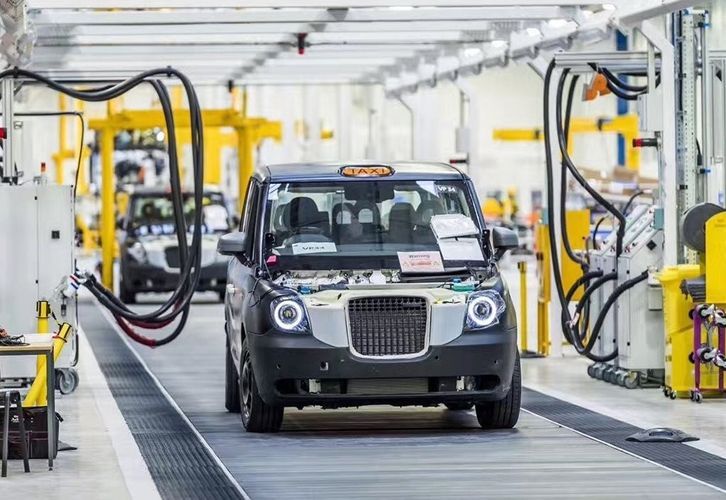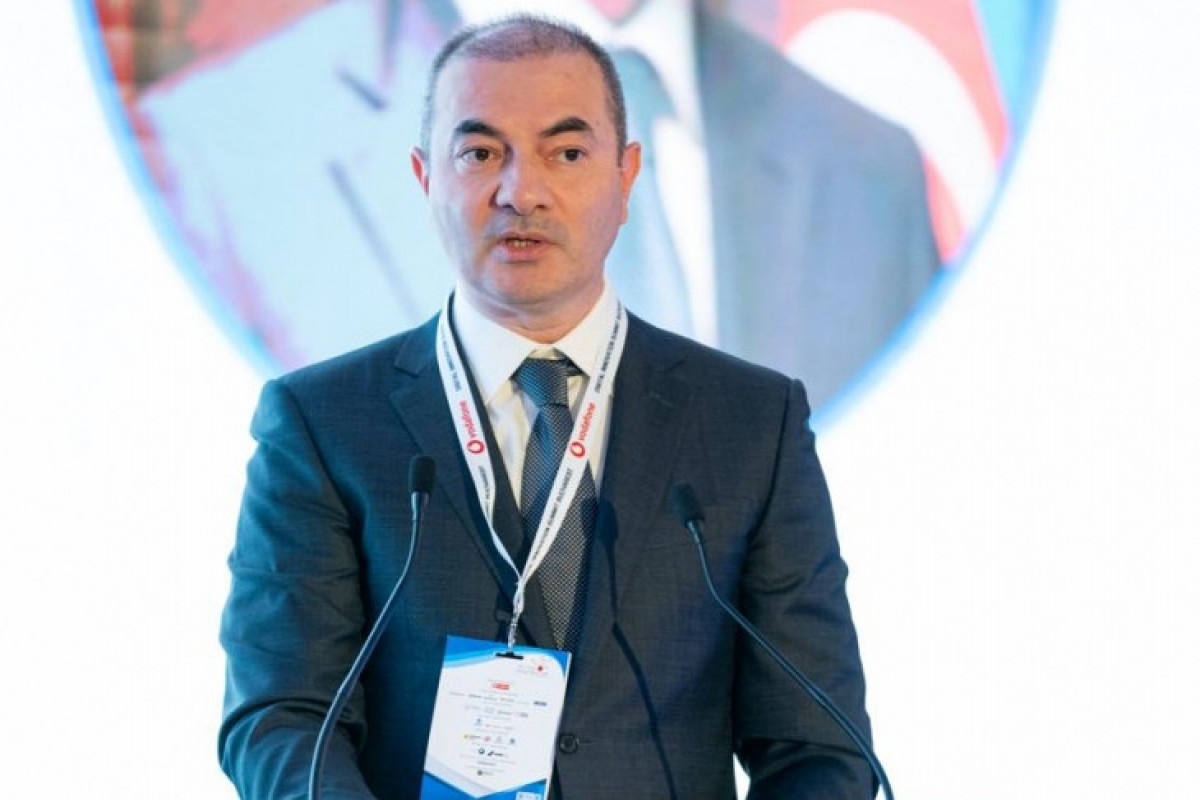UK car production slumped to its lowest level since 1984 last year amid the turmoil caused by the coronavirus pandemic, and Nissan overtook Jaguar Land Rover as the biggest British manufacturer, APA-Economics reports citing The Guardian.
The output of British car factories dropped by 29% compared with the year before – to about 921,000. It was the first time annual production had fallen below 1m since 2009, during the depths of the financial crisis.
The figures were “the worst in a generation”, said Mike Hawes, chief executive of the Society of Motor Manufacturers and Traders (SMMT), the industry lobby group that compiled the data.
Every major car plant in Europe shut its doors at the start of the pandemic, and in the UK some plants remained closed for months as they brought in new social distancing measures. UK car sales for 2020 were the lowest since 1992, hitting demand for the fifth of British-made cars that stay in their home market.
The 300,000 drop in car output meant the industry lost about £10.5bn in revenues compared with 2019, Hawes said.
The drop had a major effect on workers, with at least 10,000 car industry jobs lost during the year. However, the headline total may be an “iceberg”, Hawes said, with a significant number of redundancies hidden from view in supply chains where smaller companies may have had little choice but to cut back.
Every large carmaker in the UK suffered steep production declines. At Vauxhall’s under-threat Ellesmere Port factory, production of the Astra car nearly halved.
Production at Jaguar Land Rover’s three car plants fell by 37% to 244,000 cars, meaning it was narrowly overtaken by Nissan, whose Sunderland factory produced 246,000. Jaguar Land Rover has struggled particularly with production at its factory in Castle Bromwich in the West Midlands.
Nissan’s newfound status as the UK’s largest carmaker came shortly after its chief operating officer, Ashwani Gupta, committed to production at Sunderland and said the Brexit deal would give it a competitive advantage over UK rivals.
The UK’s departure from the EU’s single market on 31 December is causing problems for the industry. Sourcing parts from outside the EU, moving staff across the Channel, and gaining safety approvals for different models have all become more difficult.
There have also been significant delays at the UK’s ports, disrupting automotive supply chains honed for just-in-time deliveries to factories. Many carmakers have resorted to flying parts in, Hawes said. Bentley and Jaguar Land Rover have both previously revealed such plans.
Hawes hit back at comments from the government that minimised the negative impacts of Brexit for manufacturers, after the prime minister, Boris Johnson, said there “will be no non-tariff barriers to trade” and that issues at ports were “teething problems”.
“There are non-tariff barriers,” said Hawes. “I would not characterise it as teething difficulties because this is a system that is going to be there for the foreseeable”.
Some of the most notable barriers included administrative requirements for import and export, paperwork such as certifications and customs declarations, he said, adding that these hurdles would bring “additional cost that will have to be borne by industry for the foreseeable”.
“They [carmakers] are working furiously to make sure supply chains can continue to operate,” he said. “As an industry we were as well prepared as any other sector but that doesn’t mean we could be fully prepared.”
Hawes said the industry was “a bit more optimistic going into 2021” in the hope that vaccines will help economies to recover and because the Brexit deal, reached on Christmas Eve, removed the threat of tariffs on most UK exports – at least in the short term.
Investment figures were another cause for cautious optimism, with pledges of £3.2bn during 2020 recovering to pre-Brexit-vote levels. However, the figures were boosted by Britishvolt, a startup aiming to build automotive battery “gigafactories” that has not yet funded its £2.6bn pledge.
AutoAnalysis, a consultancy, forecast that UK production will bounce back to more than 1m cars during 2021, but the SMMT acknowledged that there are risks to that recovery. The permanent closure of Honda’s Swindon plant in the summer will add another obstacle, and a severe blow to the automotive supply chain. Honda started the plant in 1985, the year after output was last at 2020 lows.







